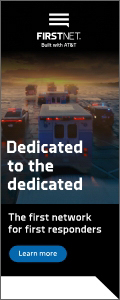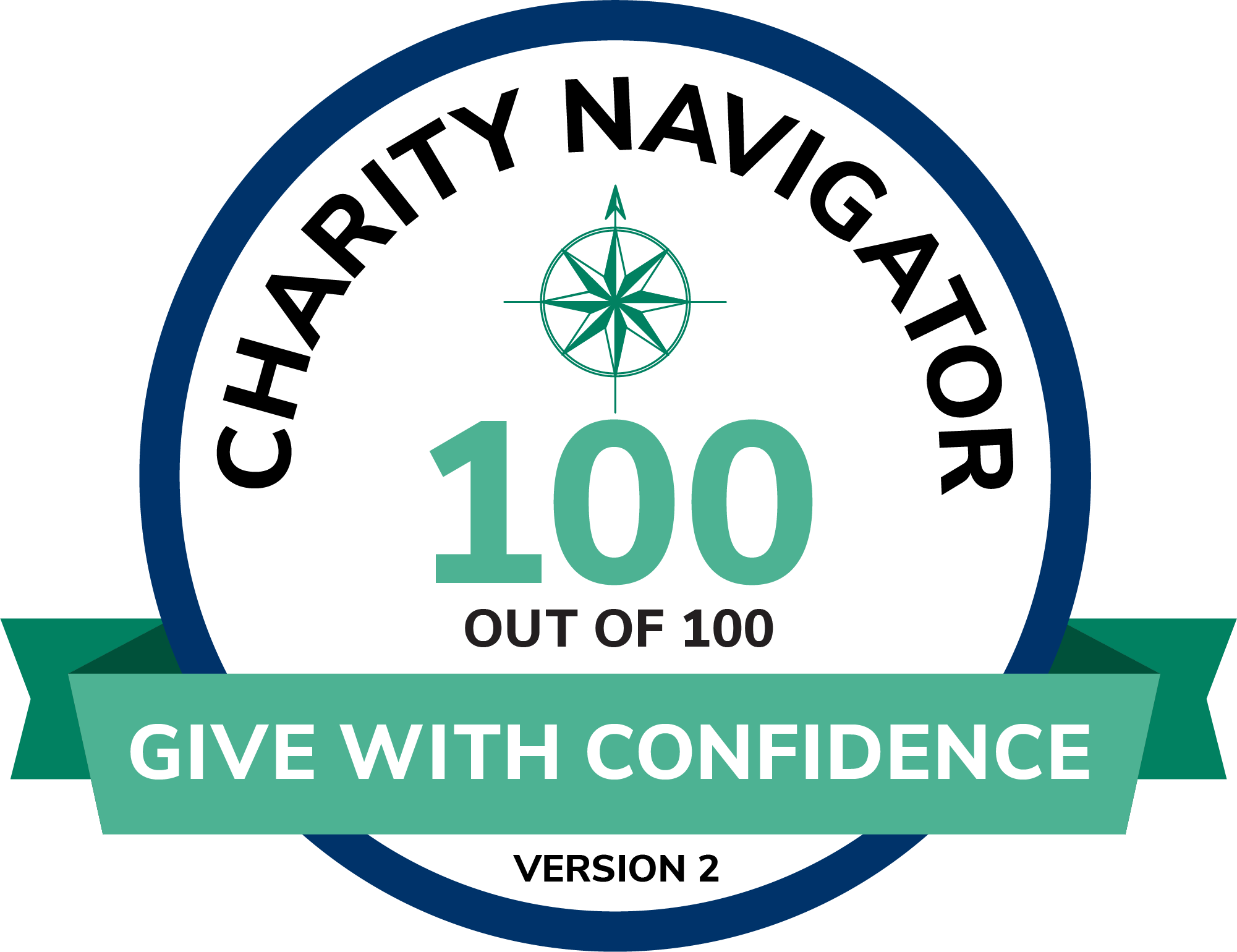A Firefighter Cancer Awareness Month Message from a Survivor
January 21, 2025
By Chief Brian McQueen, NVFC Director from New York
January is Firefighter Cancer Awareness Month, a time that has a deep meaning to me as a firefighter cancer survivor. It serves as a reminder of what I and so many of my brother and sister firefighters have gone through, and the urgency in which we need to take action to reverse current trends and prevent future generations and their families from suffering through this diagnosis.
It is important not to lose sight of the job that we do as volunteer fire service leaders and members to continue to share the message of the impact cancer can have on us, our families, our community, and the departments we show up to when the call comes in. We cannot forget about those we walk into battle with. Let me share my story in the hope that you will use the month of January (and beyond) to promote best practices in prevention and educate your firefighters.
In October of 2013, I was dealing with a severe cold when my wife noticed a growth on my neck just below my ear. I thought nothing about it, but Sarah wanted me to get it checked before we left for a vacation that we planned to take after retiring from our careers in education. I went to my appointment with my general practitioner (GP), who didn’t like what he saw on my neck and sent me for a CT scan that week. Following the scan, my GP sent me to an ear, nose, and throat specialist for another exam of my throat. We returned to his office at 10:30am on December 23, 2013, where we were told the words no one would ever want to hear: “YOU HAVE CANCER…You have B-cell non-Hodgkin’s lymphoma.”
Sarah and I just walked out of that office, hand-in-hand across a rainy parking lot with tears rolling down our eyes. Questions ran through us as we drove home on how we would tell my son and his wife, my brother, family, and friends. Where would I go for treatments? Utica does not have a cancer center.
Word got out pretty quickly as my four fire chiefs came to the front door, walked in the door, hugged me, and said they would fight along with us. I did not want to leave the area I loved. But my assistant chief’s wife knew someone who went to Memorial Sloan Kettering Cancer Center (MSKCC) for throat cancer and was doing remarkably well. I ultimately decided to reach out to MSKCC, received a call back that afternoon, and an appointment was set up for two weeks later.
In late January 2013, Sarah and I got into the car, drove to Albany, NY, got on the Amtrak, and we were off to New York City. Sarah is a list person, so we had a large list to ask the doctor. We arrived at MSKCC early the next morning and were greeted with the schedule of tests for the next two full days. On the third day we went back to the hospital to meet with our oncologist. What we didn’t expect was to meet with five oncologists sitting across the table from us. After 1.5 hours of running through my history, along with my involvement in the volunteer fire service, we were asked to leave and come back in the afternoon to meet again. It was in that afternoon meeting that we were told the fact that I am diagnosed with B-cell non-Hodgkin’s lymphoma in the neck area and that it had spread into my thyroid glands at Stage 3.
They also shared research and documentation that the cancer I had was the fastest growing cancer in the fire service at that time. We were told that the treatments must start quickly and probably would last 6-7 weeks, Sarah and I walked out of that room, shaken, in tears again, wondering if the job I was doing serving my community as a volunteer firefighter would be killing me. We got back on the Amtrak and headed back to Albany for the drive to Whitesboro. All the way home we talked about how this could be, and the logistics of getting the treatments done in NYC.
We started the treatments in the second week of February. Fortunately, my brother he was able to provide us with some hotel stays in NYC, close enough so that we could take the MSKCC shuttle to the treatments. Every Sunday we would drive to Albany, get on the train, travel to NYC, take a taxi to the hotel in preparation of the five days of Intensified Modulated Radiation Therapy (IMRT) for 45-minutes a day. I would go back to the hotel and sleep for about five hours as the treatments were draining. After the first week, I began to have thrush in my mouth that was very painful and had to be treated after every IMRT with a medical mouthwash station. On Fridays we’d get back on the train to head home, do the laundry, stop at the station to see the firefighters which provided me some enjoyment, see the family, only to get back in the car on Sunday and head back to NYC. I do not know what I would have done without Sarah walking the walk with me. You have to have an advocate.
My treatments lasted the full seven weeks. Following the last treatments, I had to follow up a month later with scans to see if the cancer was gone. One of the greatest days that I will ever remember was ringing the bell knowing that I was cancer free. Follow-ups were every three months until December. Now I continue to go back every two years for the scans. Sarah always knows the month before these come up as I am not the same person knowing the unknown.
I write my story to share the fact that cancer can happen to any one of us and has a deep impact on not only our self, but our family and our full support circle. Cancer has no restrictions: women, men, young, old, the color of our skin, or the religion we follow. The fact is that each of us needs to make sure that we take care of ourselves and our brothers and sisters that we respond with.
The National Volunteer Fire Council and International Association of Fire Chiefs Volunteer and Combination Officers Section have released two editions of the Lavender Ribbon Report (www.nvfc.org/lrr) to provide guidance on specific actions you can take to reduce your and your crew’s risks. Take these reports off of the shelf, revisit them, and plan weekly training activities and educational pieces in January and throughout the year. Not because this “Cancer Dude” is asking you to, but because I care about you and your teams in each of your communities.
It’s time that we, the volunteer fire service, stand up to cancer. Fires have changed over the past years, and the need for us to take stricter measures to keep our teams safe is now. Whether you are volunteer or career, we fight the same fires. Please take action to do what you can to protect yourself, your crew, and your families.



